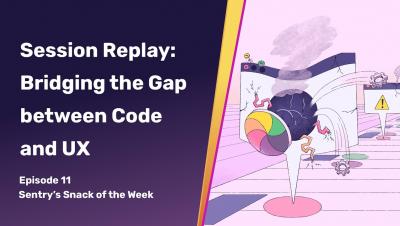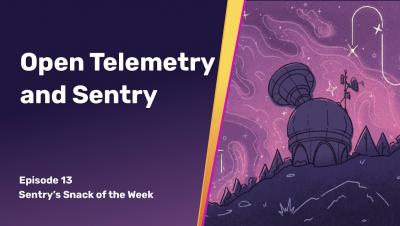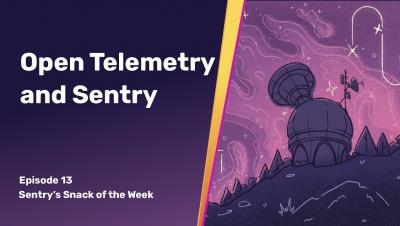Operations | Monitoring | ITSM | DevOps | Cloud
Sentry
Making Performance Monitoring More Actionable with Sentry
How your code performs isn’t a subjective debate. Well, at least not anymore — in the past few months, Sentry has started telling you exactly what’s slow and where to fix it — specifically, N+1 database queries in your code. While we’ve all had to fix an N+1 problem, performance problems come in multiple flavors. Today, you’ll notice more Performance Issues in your issue feed, Slack alerts, and email notifications.
The New APM: Actionable, Affordable, and Actually Built For Developers
The observability landscape - specifically your traditional Application Performance Monitoring (APM) offerings are failing modern-day developers. These legacy tools are made for ops and infra teams to keep their infrastructure and services up and running. But when it comes to helping the people that actually write the code to find and fix latency issues, these tools - which often come with massive price tags - leave developers hunting for issues causing slowdowns.
Jetpack Compose Best Practices - AMA
Treat Application Performance Like A Feature
I, like many of you no doubt reading this, am an engineer with very strong opinions on how software should work. I am not interested in moving fast and breaking things; I am not interested in changing the world. I am interested in building pleasant, ergonomic software and charging money for it. My company, Buttondown, was born from that ethos.
OpenTelemetry and Sentry | Snack of the Week
OpenTelemetry and Sentry | Snack of the Week
Get More Context about your Cloud Services with Sentry
A Sentaur who uses Sentry to build Sentry wanted to know where a specific service associated with an issue was being hosted in our cloud environment. This prompted us to create a new cloud data gathering feature for our Python SDK, which is available to everyone now, and not just Sentaurs.
Sentry's Frontend Tests: Migrating from Enzyme to React Testing Library
At Sentry, we practice continuous delivery, which means that code can be released as soon as it’s merged into the main branch. This allows us to iterate quickly on our product, making new features, bug fixes, configuration changes, and experiments available in production as frequently as possible. We merge over 700 pull requests a month.
Introducing OpenTelemetry Support: Take Action on Your Observability Data
As an open source company that grew out of a side project in 2008 to an application and performance monitoring platform (APM) used by over 3.5 million developers, Sentry is committed to open source and the community of developers maintaining and building in the open. Similarly, we take a public approach to building our software, which is why it’s a natural extension of our values to announce our support for OpenTelemetry (or OTel), the leading open standard for observability.











